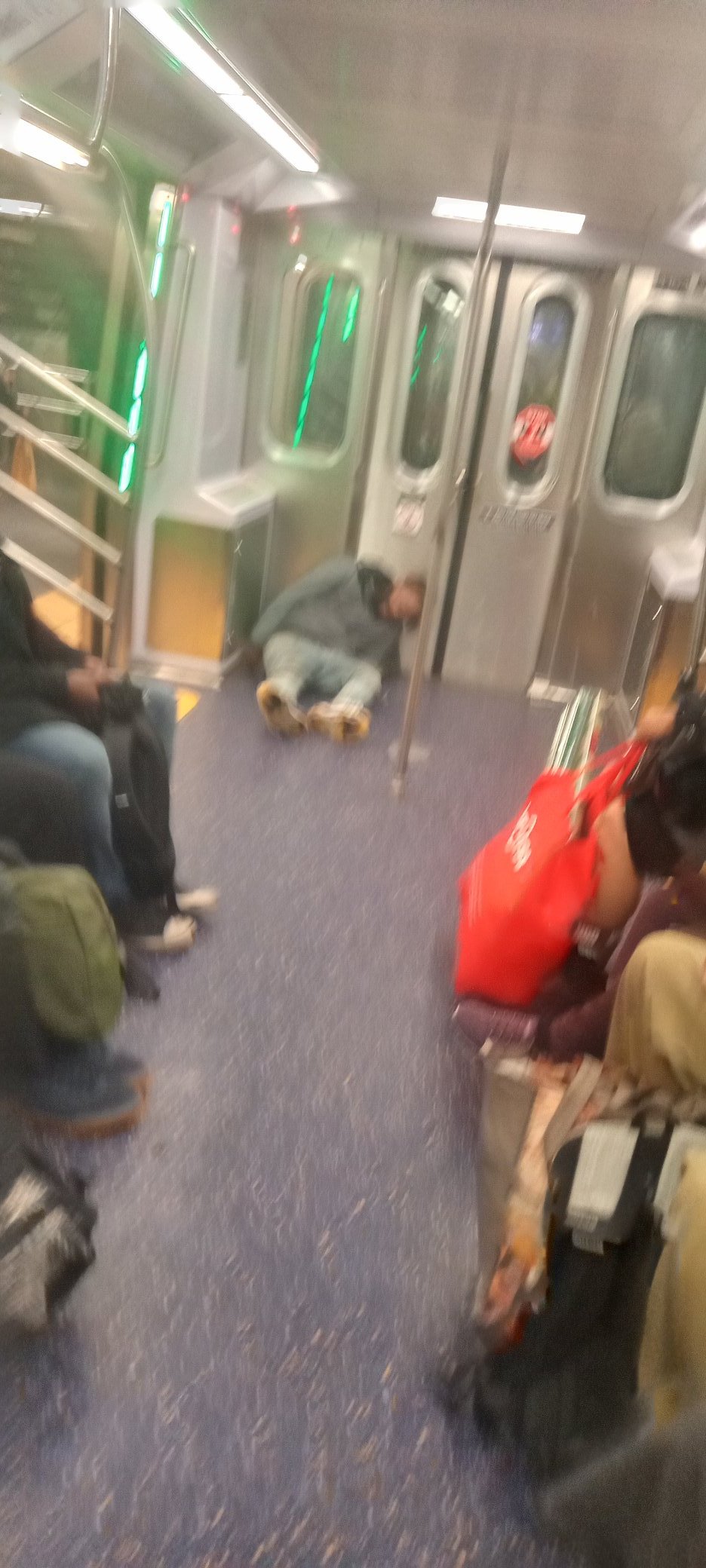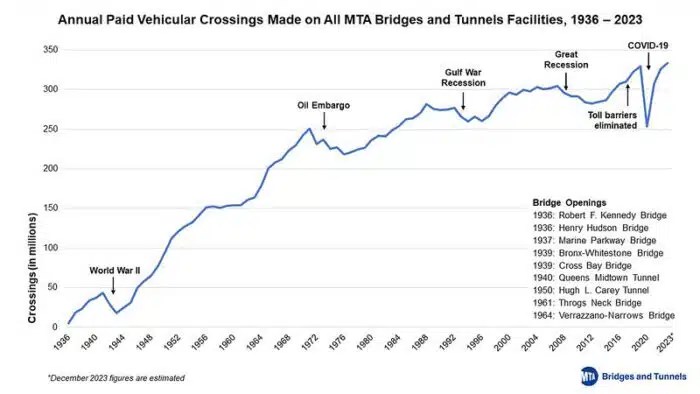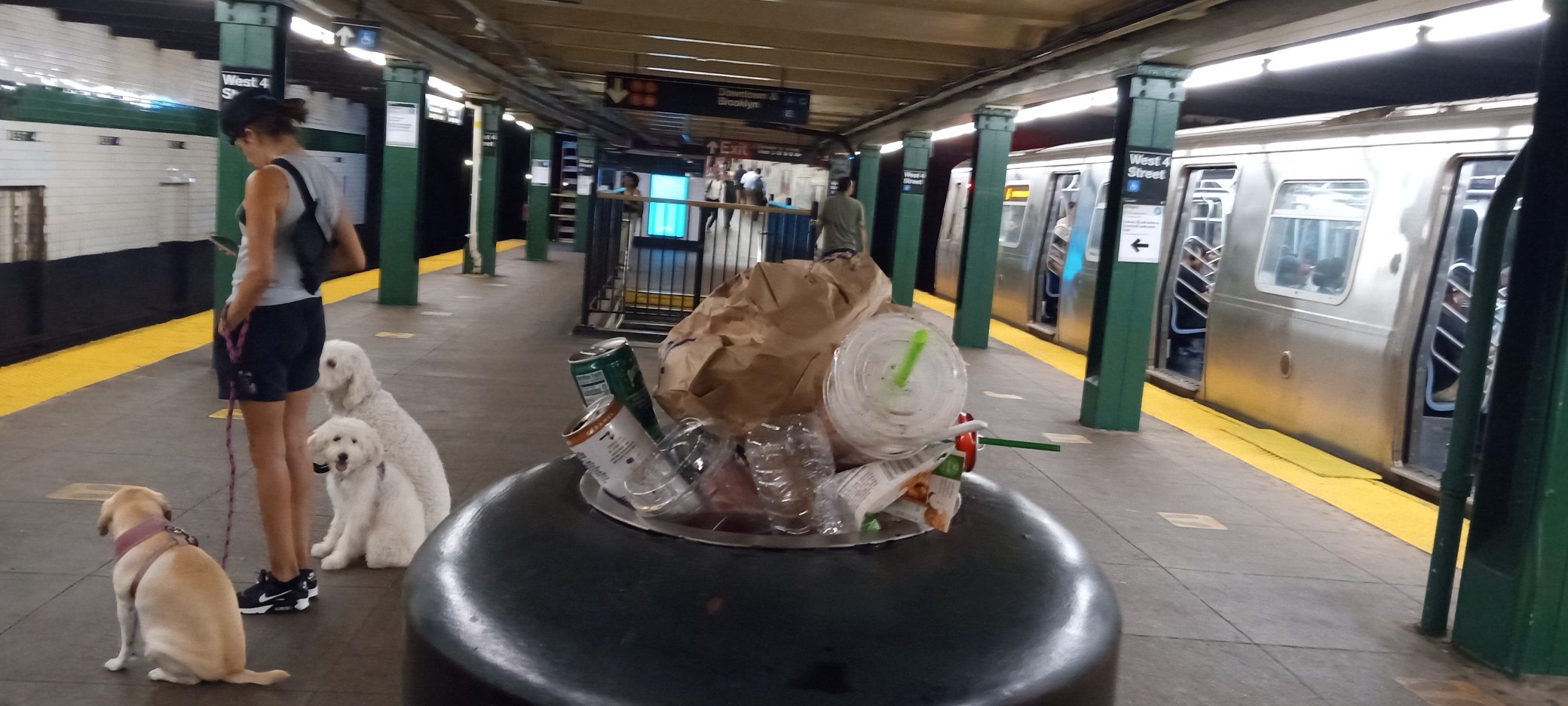The MTA Board approved on Wednesday a budget plan for 2025 that includes public transportation fare hikes and toll increases slated to take effect next summer.
The board unanimously voted to pass the plan during its monthly meeting on Dec. 18. The exact amount of the increases has yet to be announced but could go into effect in August 2025.
In recent years, the MTA approved 4% increases in fares and tolls. Should that trend continue, a base fare for a subway or bus trip would cost $3, up a dime from $2.90, come next summer, according to an article from ABC 7.
Meanwhile, during Wednesday’s meeting, MTA Chair and CEO Janno Lieber boasted of “excellent service” and surging subway ridership.
“Last week, we set a new single-day record for subway ridership, 4.5 million customers,” he said. “Compare that to 2021, when this group began when the average weekday was less than half of that level.”
The most recent fare hike occurred in 2023, when the base NYC Transit fare was bumped up 15 cents, from $2.75 to $2.90. That marked the first such increase in eight years.
Despite the fare rise, Lieber remained optimistic and said the agency is coming out “on a high note” for 2024.
“I always look back at the goals we set at the beginning of the year, and when I took the chair a couple of years ago, priority one was recovering ridership to support the region’s comeback and also to help us achieve financial stability,” he said.
Lieber added that the MTA vowed to deliver “excellent” service to New Yorkers.
“And we also needed to keep the capital program on track to earn the public’s trust on how the MTA was going to spend money,” he said.
But New Yorkers whom amNewYork Metro talked to Wednesday after the budget vote did not hold back their opinions on the increase, some even calling it “straight-up greed.”
Others said they pay too much for too little service.
“This is absolutely outrageous. That last increase led to subpar service as it is,” said Roger Smith, an Upper West Side resident.
Carlos Rivera of Harlem questioned what the increases will actually support, as he is often stuck waiting for late trains and buses.
“I wish us New Yorkers could audit the MTA because this is absolutely ridiculous at this point,” he said. “Track maintenance and the trains and buses are never on time. Where is our money going?”










